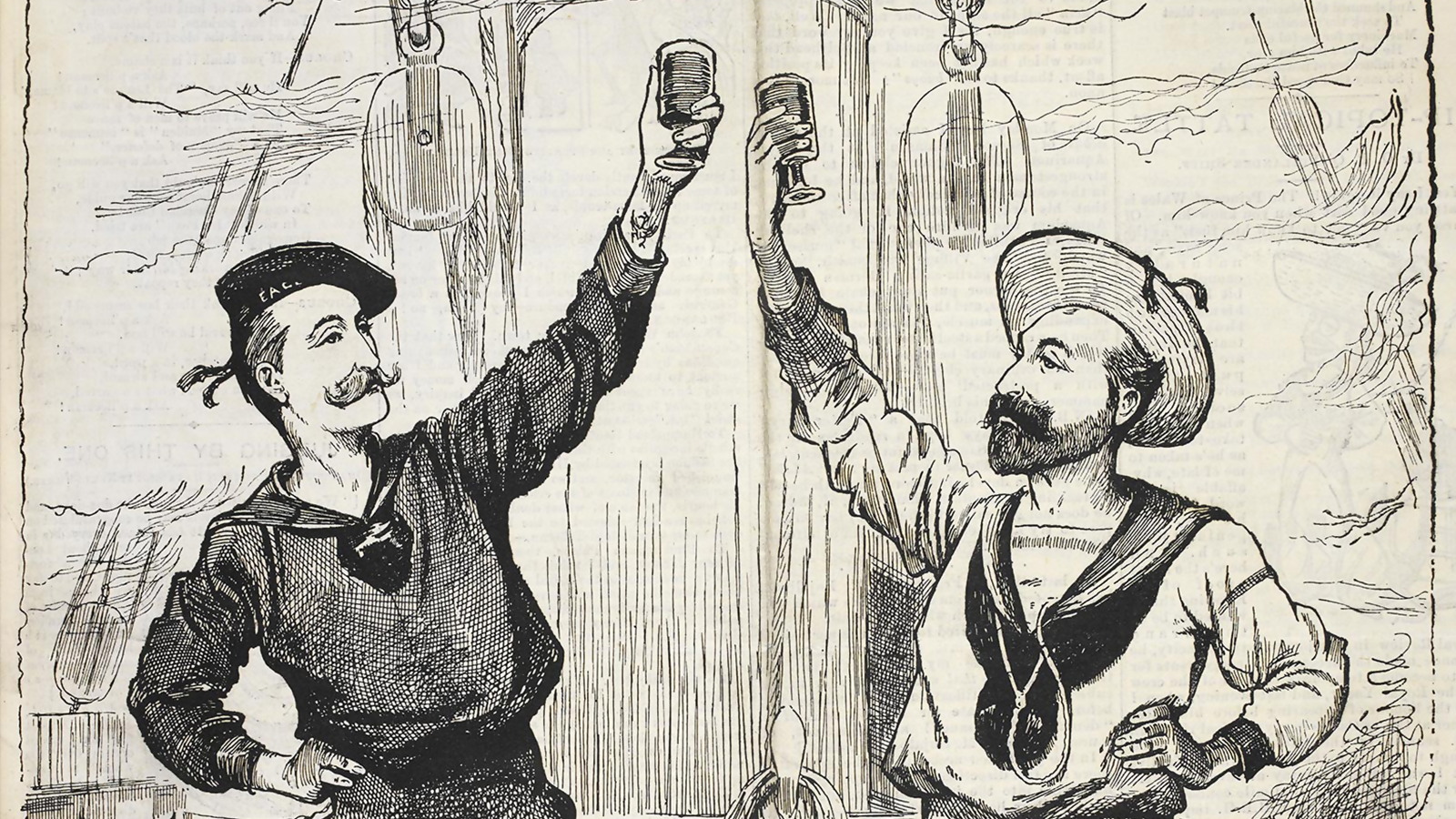From the beautifully sounding ‘lanspresado’ to the seemingly innocent ‘pennywhite’, Susie Dent takes us on a journey through the English language’s hidden gems that master the art of disguised insults.
It seems we can’t walk for five minutes in the virtual world we inhabit without witnessing someone trolling someone else or copping a few insults ourselves. Sarcasm, too, is everywhere – it may be the lowest form of wit, but this word does have a cracking etymology, beginning with the Greek verb sarkazein, meaning to ‘tear flesh’; a sarcastic remark can be so biting as to metaphorically eat into the skin of the recipient. None of us want to be surrounded by such caustic language, of course, and we overlook at our peril the many positive words in the dictionary that are currently gathering dust. But there will always be situations where we long to say what we really feel whilst leaving the recipient entirely clueless – in other words, by delivering an insult only we know the meaning of, and therefore only we will enjoy. Here is a selection of linguistic dismissals that serve revenge perfectly cold.

lanspresado
How romantic and seductive this word sounds. As you probably guessed, it comes from Italian, in which a lancia spezzata is a ‘broken lance’. The term was applied in the military to a lance-corporal or non-commissioned officer. In English, however, it took a very different turn. A glossary of slang from 1699 defines it as ‘he that comes into Company with but Two pence in his Pocket’. In other words, this is the word you need for the drinking companion who expects everyone else to buy them a round.
READ MORE: Gen Z Slang | The secret code of a complicated generation
quisquilious
If the opinion of a friend, or a piece of work produced by a colleague, turns out to be utter rubbish, look no further than ‘quisquilious’, a mellifluous word that is actually rooted in the Latin quisquiliae, ‘waste matter’.
There We Are Then
When I was writing a book on the ‘tribal’ talk of various professions, I was told by a delightful group of paramedics that the code exchanged amongst the team whenever the boss gave them a dressing-down was a collective ‘There We Are Then’. Take the initial letters of each, and their verdict was clear.
sialoquent
Rather specific this one, but it manages to imply that whoever is described this way has a definite gift of the gab. That is not necessarily true. In fact, a sialoquent individual tends to spit a lot while talking.
mooncalf
You’d expect a touch of magic when it comes to expressions involving the moon. But the planet has always been associated with lunacy (from the Latin luna, ‘moon’), let alone behaving listlessly and exposing your buttocks. Still, ‘mooncalf’ manages to sound like a term of endearment whilst, in fact, implying someone is an absolute tool.
asinico
Hear this word for the first time, and you might imagine an exotic condiment, perhaps, or a small family member who is cheeky but loveable. But no – this one stems from the Spanish for ‘little ass’ – in other words, a fool or dolt. Shakespeare gives us our first record to date, in Troilus & Cressida, where the insult is a lot less veiled: ‘An asinico may tutor thee, you scurvy valiant asse’.
Admiral of the Narrow Seas
Award this honour to one of your friends and they might congratulate themselves on their new title. A riffle through the pages of Francis Grose’s wonderful Classical Dictionary of the Vulgar Tongue, however, reveals that this was once applied to ‘one who from drunkenness vomits into the lap of the person sitting opposite to him’. The Vice-Admiral is no better, for this is ‘A drunken man that pisses under the table into his companions’ shoes’.

Gentleman of Four Outs
The original, 19th-century, definition of this person (hat-tip for Kate and Brett McKay’s book The Art of Manliness for this one) might prove particularly useful. ‘When a vulgar, blustering fellow asserts that he is a gentleman, the retort generally is, “Yes, a gentleman of four outs,” that is, without wit, without money, without credit, and without manners.’
saucebox
Accuse someone of being ‘saucy’, and it’s unlikely to rank highly on the insult scale. The beauty about ‘saucebox’, however, is that while it actually means ‘a person prone to impertinence’ – in other words, the one who’s always on hand with a rude comment or two – it still sounds like a compliment.
pennywhite
Call someone a pennywhite and they might be a little bemused, but the whiteness suggests an angelic touch. In 18th-century slang, however, this was the ultimate back-handed compliment, for a pennywhite was someone whose wealth made up for their total lack of attractiveness. That’s harsh.






1 Comment
Thanks again Susie. Great list. I just wonder whether the fact that I may borrow ‘quisquilious’ more than the others makes me a bit of a There You Are Then. I’ll try harder.